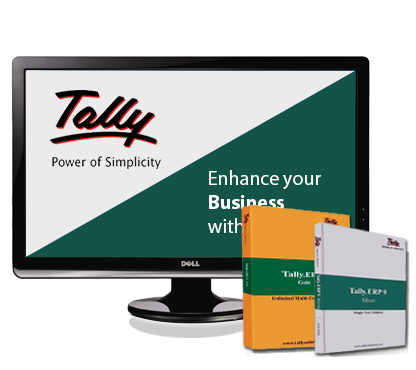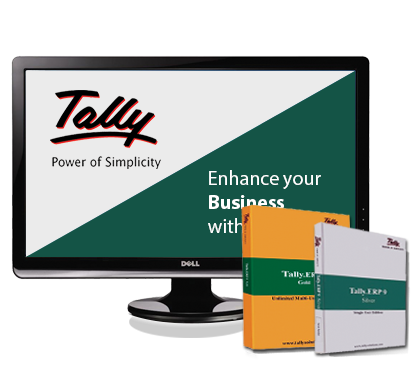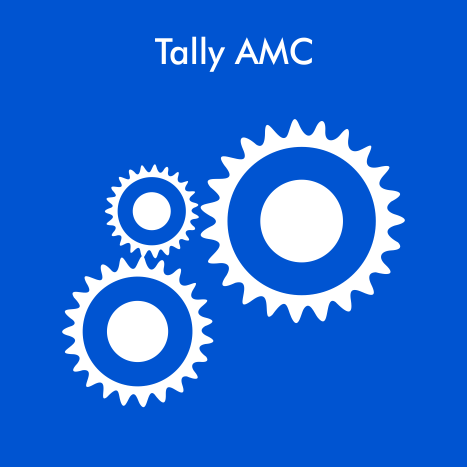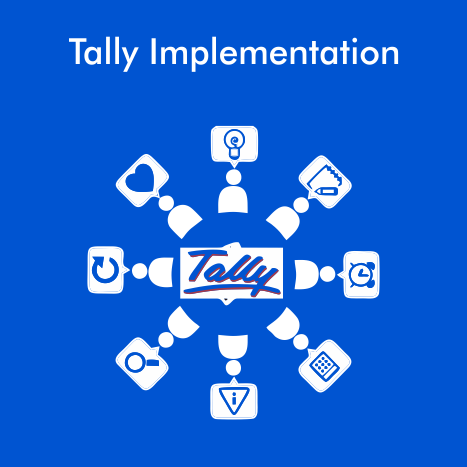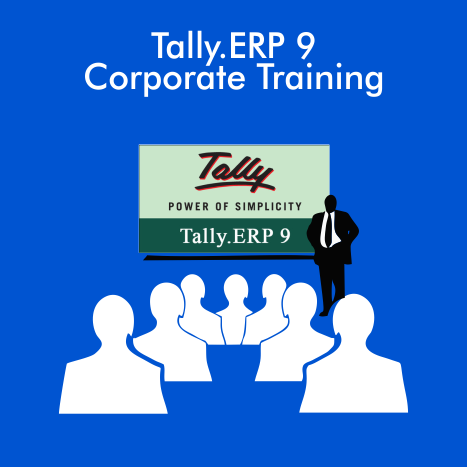Capital Gain Tax
To express it in simple words, Capital Gain Tax is the tax one needs to pay on the profit he earns on selling ‘capital assets'. It comes under the jurisdiction of the Income Tax Department as the gains as considered as ‘income’. Depending on the time for which an individual holds the assets, CGT is divided into two sections, viz. Long-Term Capital Tax and Short-Term Capital Tax.
The next question which comes to our mind is, what are capital assets? Few examples of capital assets are immovable properties (like land, building, house), vehicles, patents, trademarks, household leases, machinery and jewellery. Other than this, capital assets include any direct rights, which is of Indian companies, consists of the rights of management or ownership control as well as other holding rights.
Exemptions from capital gains are as follows:
● Any stock, consumables or raw material, held for business or profession.
● Goods held for personal use such as clothes and furniture.
● 6½% gold bonds (1977), 7% gold bonds (1980) or national defence gold bonds (1980) issued by the central government
● Individual bearer bonds (1991)
● Gold deposit bond issued under the gold deposit scheme (1999) or deposit certificates issued under the Gold Monetisation Scheme, 2015
● Agricultural land in rural India
Assets held for longer than the specified time are said to be long-term assets. Stocks, equities, preference shares or securities (like bonds or government securities) held for more than 12 months classify as long-term assets. Real estate held for more than 24 months is a long-term asset. Debt funds or any other form of assets can be retained for 36 months before they are considered as a long-term asset. Assets held for a time shorter than the period mentioned above are short-term assets.
The tax rates for short-term and long-term gains differ considerably. The tax rate for long-term equities is 10%, only on profits over and above ₹ 1 lakh, whereas, on all other long-term assets, it is a hefty 20%. For short-term gains, all assets except those based on securities are included in income and are taxable based on income tax slabs. A tax rate of 15% applies to short-term security-based assets. It means, if capital is invested in equities in the same company for more than three years, no tax has to be paid if the gains are less than ₹ 1 lakh. If redeemed within three years, the capital gains will be added to your income and will be taxed as per your income tax slab rate.
Your accountant can recommend many investments that provide benefits of exemptions under the Income Tax Act on Capital Gains. Think of your accountant as your best-friend, for an excellent accountant is a key to brilliant investments.

